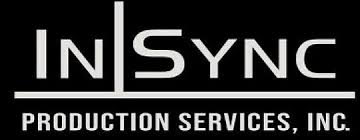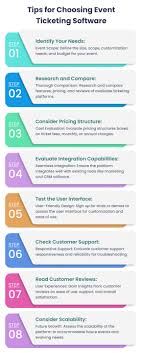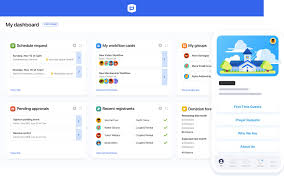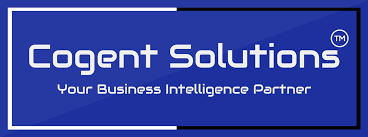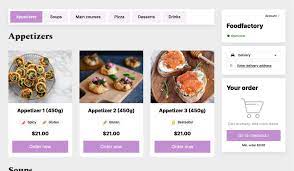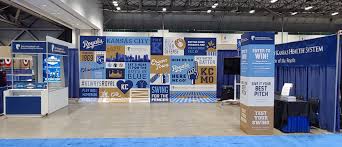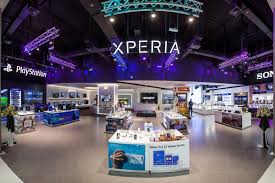Welcome to InSync Events!
InSync Events is a premier event management company dedicated to creating unforgettable experiences for our clients. With a passion for innovation and attention to detail, we specialize in planning and executing a wide range of events, from corporate gatherings to social celebrations.
Our team of experienced professionals works closely with each client to understand their unique vision and objectives. Whether you’re organizing a product launch, conference, wedding, or any other special occasion, we are committed to bringing your ideas to life in the most spectacular way possible.
Our Services
At InSync Events, we offer a comprehensive range of services to meet all your event planning needs. From concept development and venue selection to logistics management and on-site coordination, we handle every aspect of the event with precision and expertise.
Our services include:
- Event Planning and Design
- Venue Selection and Management
- Catering and Hospitality
- Entertainment Booking
- Audiovisual Production
- On-Site Event Coordination
Contact Us Today!
If you’re looking to create a memorable event that exceeds expectations, look no further than InSync Events. Contact us today to learn more about our services and how we can help make your next event truly special.
Frequently Asked Questions About InSync Events’ Planning Services
- 1. What types of events does InSync Events specialize in planning?
- 2. How does InSync Events work with clients to bring their event vision to life?
- 3. What services does InSync Events offer for event planning and execution?
- 4. Can InSync Events help with venue selection and management?
- 5. Does InSync Events provide catering and hospitality services for events?
- 6. How can I get in touch with InSync Events to discuss my event planning needs?
1. What types of events does InSync Events specialize in planning?
At InSync Events, we specialize in planning a wide range of events to cater to diverse needs and preferences. Our expertise encompasses corporate events, such as product launches, conferences, and team-building activities, as well as social celebrations like weddings, anniversaries, and birthday parties. Whether you’re looking to host a large-scale conference or an intimate gathering, our team is equipped to create tailored experiences that reflect your vision and objectives. With attention to detail and a commitment to excellence, we ensure that every event we plan is executed seamlessly and leaves a lasting impression on all attendees.
2. How does InSync Events work with clients to bring their event vision to life?
At InSync Events, we work closely with our clients to bring their event vision to life by following a collaborative and personalized approach. We start by listening attentively to our clients’ ideas, goals, and preferences to ensure we fully understand their vision. Our experienced team then leverages their expertise and creativity to develop customized event concepts that align with the client’s objectives. Throughout the planning process, we maintain open communication channels to provide regular updates, gather feedback, and make any necessary adjustments. By combining our clients’ vision with our professional guidance and meticulous attention to detail, we create unforgettable events that exceed expectations.
3. What services does InSync Events offer for event planning and execution?
At InSync Events, we offer a comprehensive range of services for event planning and execution to ensure a seamless and memorable experience for our clients. Our services include event planning and design, venue selection and management, catering and hospitality arrangements, entertainment booking, audiovisual production, and on-site event coordination. With our expertise and attention to detail, we handle every aspect of the event with precision and professionalism to bring your vision to life in the most spectacular way possible.
4. Can InSync Events help with venue selection and management?
At InSync Events, we understand the importance of choosing the perfect venue for your event, and that’s why we offer comprehensive venue selection and management services. Our experienced team works closely with clients to identify the ideal location that aligns with their vision and requirements. From scouting potential venues to negotiating contracts and coordinating logistics, we handle every aspect of venue selection and management with precision and expertise. Trust InSync Events to help you find the perfect setting for your event, ensuring a seamless and unforgettable experience for all attendees.
5. Does InSync Events provide catering and hospitality services for events?
At InSync Events, we understand the importance of catering and hospitality in creating a seamless and memorable event experience. Yes, we provide comprehensive catering and hospitality services for events of all sizes. Our team works closely with top-notch caterers and hospitality providers to ensure that your guests are treated to delicious food, impeccable service, and a welcoming atmosphere. From menu planning to service staff coordination, we take care of every detail to guarantee a delightful dining experience for your attendees. Trust InSync Events to elevate your event with exceptional catering and hospitality services that leave a lasting impression.
6. How can I get in touch with InSync Events to discuss my event planning needs?
To get in touch with InSync Events and discuss your event planning needs, you can reach out to us through our website by filling out the contact form with your details and inquiry. Alternatively, you can email us at info@insyncevents.com or give us a call at (555) 123-4567 to speak directly with a member of our team. We are dedicated to providing personalized attention to each client and ensuring that we understand your vision for the event. Don’t hesitate to contact us – we’re here to help bring your event ideas to life!

